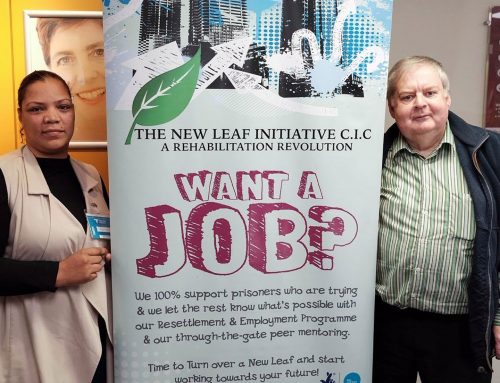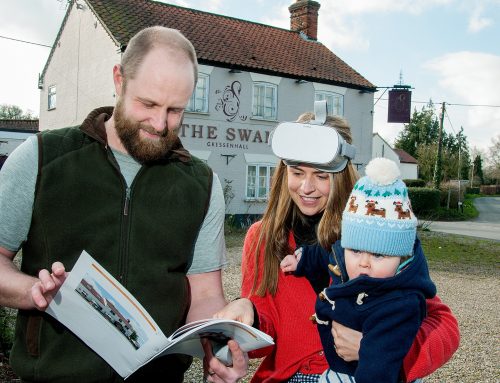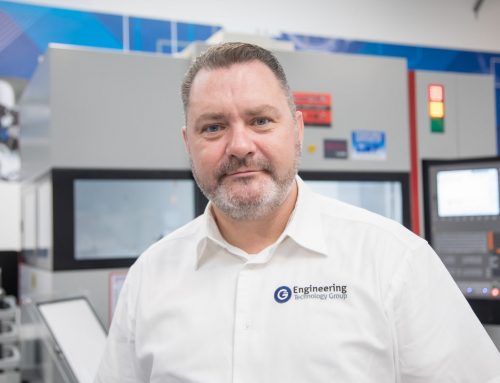A West Midlands social enterprise that empowers people to reach their full potential through positive experiences to improve mental, physical and emotional wellbeing has been given a funding boost to help it deal with a rapid rise in referrals during Covid-19.
Queens Award winners Gro-Organic, formed in 2011 by social entrepreneur Sarah Treanor, has secured £150,000 from the Resonance Social Investment Tax Relief Fund and will immediately channel it into expanding its mentoring and support programmes across the region.
Last year, the organisation’s pioneering work supported more than 284 volunteers and nearly 6000 service users, with its highly successful trading arm, Gro-Landscaping, seeing an equally impressive surge in demand for commercial, school and community projects.
“The Gro-Mentoring service has taken on even greater importance during the current pandemic and we’ve seen the number of family referrals treble since the start of lockdown.” explained Sarah.
“This was already building on one of our busiest years and lots of exciting plans to deliver more projects that create transferrable skills and improve community cohesion.
She continued: “That was the reason why we approached Resonance to see if we could access additional investment through its Social Investment Tax Relief Fund, which offers us a low rate of interest, whilst giving our investors up to 30% back in tax relief.”
“I’m delighted we have been able to secure investment to support our commitment to helping more people and this will be directed into new equipment, new expert assistance and recruitment and development of our specialist teams.”
Resonance launched its SITR Fund in February 2018, bringing £5m of investment to help the region’s social enterprises dismantle poverty and fight inequality.
The fund offers unsecured loans over a six-year term, ‘interest only for the first three years’, making it an ideal vehicle for organisations looking to maximise their social impact.
Grace England, Senior Investment Manager for the Resonance West Midlands SITR Fund, was delighted to be able to get this latest deal over the line: “It has been brilliant to see Gro-Organic grow and develop over the number of years we’ve been working with the team and also to see it demonstrate resilience, resourcefulness and the ability to harness new opportunities in more recent times.
“The investment has been slightly more delayed than planned as Gro-Organic has, of course, prioritised its COVID-19 planning and response, but it has been great to see its vital response to the pandemic and how it has maintained its activity across key business and impact areas, whilst still planning for growth.
“We are delighted to see it continue to grow its impact at a time where its services are needed more than ever before.”
Social Investment Tax Relief has leveraged over £14million in private investment to help 88 social enterprises deliver essential services across the UK.
It is the only tax break specifically aimed at social enterprises and is designed to encourage individuals to support the sector by helping them access new sources of repayable finance, with backers receiving a 30% tax break when investing into an eligible organisation.
However, enterprises and social investors are now urging the Government and Treasury Minister Jesse Norman to not backtrack on their promise to ‘level up’ the UK’s cities and regions by scrapping SITR, which has a proven record of unlocking and directing private capital into some of the most disadvantaged places in the country.
They are now encouraging MPs to get behind their bid to not scrap SITR in April 2021 or, if they are looking to tidy up the tax system as Danny Krueger alluded to in a recent report for Boris Johnson, it is vitally important they delay SITR’s abolition until a suitable alternative can be found to grow the social investment market.
West Midlands Mayor Andy Street, who has called for Social Interest Tax Relief to be retained, concluded: “It is welcome news that Gro-Organic has been awarded this funding – it is a great example of how social enterprises, groups, organisations and charities in the social economy put the needs of local people before profit and make a real difference in our communities.
“Our focus now must be on defeating COVID-19, but as we deal with the impact of the pandemic on the lives of local people, the work of social enterprises like Gro-Organic is going to be even more vital.
“In January I launched a Social Economy Taskforce, in partnership with councils across the West Midlands, with the ambition to double the size of the region’s social economy.
“As a sign of our belief in this part of the economy, West Midlands Combined Authority pledged to spend at least 5% of its procurement budget on social enterprises, while we are also urging local businesses to consider them when buying goods or services.
“Social Interest Tax Relief is hugely important to the health of the social economy here and retaining it will be vital if we are to achieve our ambition of doubling its size.”
For further information, please visit www.gro-organic.co.uk/www.gro-mentoring.co.uk or www.getsitr.org.uk.






